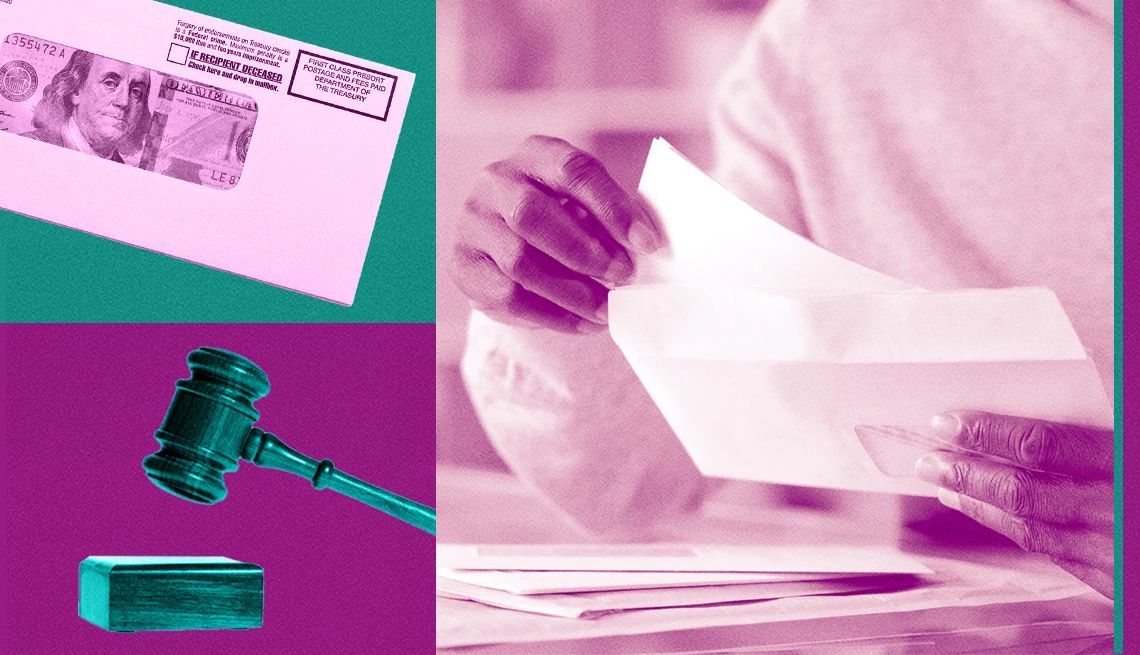AARP Hearing Center


If you watch television regularly, you’ve probably seen commercials about Camp Lejeune, a U.S. military base where drinking water contaminated with toxic chemicals has been linked to chronic illnesses like cancer. In 2022, President Joe Biden signed the Camp Lejeune Justice Act, which established a limited two-year window during which individuals who lived and worked at Camp Lejeune between 1953 and 1987 could file lawsuits against the U.S. government seeking compensation for health issues related to their time there. By the end of 2022, law firms had spent over $145 million advertising the opportunity, generating more than 400,000 claims from alleged victims and their loved ones.
But lawyers aren’t the only ones who saw dollar signs in the Camp Lejeune Justice Act. Scammers took advantage of it too, according to the Better Business Bureau (BBB), which issued a warning in 2023 about criminals posing as attorneys and claims administrators. The BBB noted that scammers sent fake phishing emails that looked like legitimate settlement notices; when individuals clicked on the email, their devices became infected with malware that stole their personal information for use in identity theft crimes. In other cases, scammers told victims that to receive their payout, they had to pay an administrative fee to file their case. They continued asking for more fees, eventually disappearing with their information and money.
There are plenty of legitimate class action settlements, however, and you may have received a settlement notice for one (or more) of them. Here are some recent suits that have been settled:
- AT&T has agreed to pay $177 million regarding two data breaches that occurred in 2024.
- Neiman Marcus and Panera Bread have agreed to pay $3.5 million and $2.5 million, respectively, to settle class action lawsuits over their data breaches.
- Poppi, a prebiotic soda company, has agreed to pay $8.9 million to settle a class action lawsuit over its marketing claims.
Join Our Fight Against Fraud
Here’s what you can do to help protect people 50 and older from scams and fraud:
- Sign up to become a digital fraud fighter to help raise awareness about the latest scams.
- Read more about how we’re fighting for you every day in Congress and across the country.
- AARP is your fierce defender on the issues that matter to people 50-plus. Become a member or renew your membership today.
Skeptical consumers aren’t filing claims
Considering the proliferation of scams in recent years, it’s no wonder Americans are skeptical when they receive notices of settlements related to class action lawsuits: Only 4 percent of people who receive such notices file claims, according to the Federal Trade Commission (FTC).
“One of the hypotheses for why people don’t participate in class actions as frequently as they could is because they’re worried about scams,” says Brian Fitzpatrick, a law professor at Vanderbilt University and author of The Conservative Case for Class Actions. But while Fitzpatrick agrees that it’s wise to be cautious in an age of rampant fraud, he believes that fraudulent settlement notices are relatively rare: “I have definitely heard that this could be going on, but I have never actually witnessed it firsthand.”




































































More From AARP
AARP's Fight Against Fraud
AARP educates and supports older Americans around fraud prevention
Amazon to Pay Members in Settlement
The company settled a lawsuit with the FTC for $2.5B. Members will be eligible for payouts.
25 Effective Tips to Protect Against Scams
Safeguard yourself with these practical anti-fraud strategies